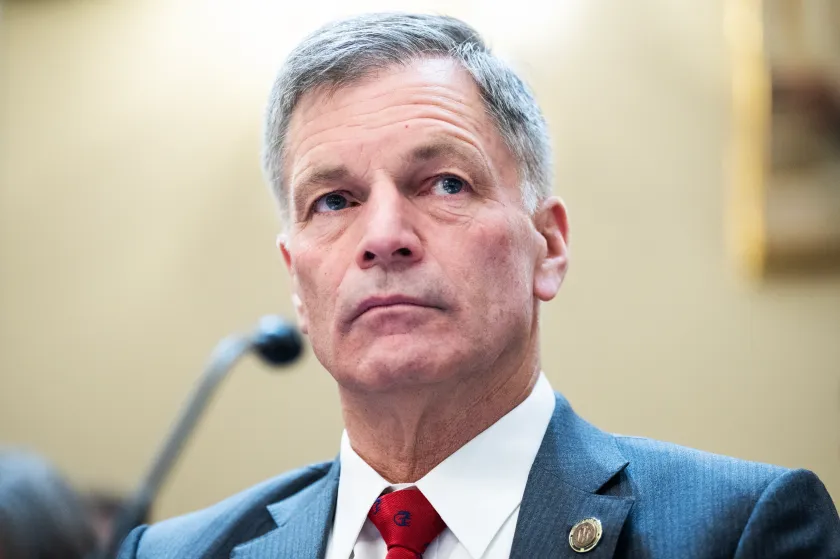Wyoming’s Governor Mark Gordon has signed the Wyoming Decentralized Unincorporated Nonprofit Association Act, or DUNA, into law, marking a leap for decentralized autonomous organizations (DAOs) within the state. This legislation, paving the way on March 8, 2024, affirms Wyoming’s position as a trailblazer in the crypto-friendly legislative landscape.
The DUNA Act propels DAOs into a new realm of legal recognition, allowing them to engage in contracts, open bank accounts, and even appear in court. More importantly, it enables these digital entities to fulfill tax obligations seamlessly.
Miles Jennings, General Counsel at a16zcrypto, hailed the legislation as a “major breakthrough” for blockchain projects, emphasizing its role in preserving the decentralized ethos without compromising legal compliance.
Strengthening DAOs Against Regulatory Challenges
Amidst growing scrutiny from U.S. regulators, particularly highlighted by the Commodity Futures Trading Commission’s recent actions against DAOs, Wyoming’s innovative law offers a legal framework. It fortifies DAOs’ positions by potentially mitigating securities law implications, especially under the Howey Test applied by the SEC.
Jennings pointed out that DUNA’s decentralized nature could challenge the applicability of securities laws to DAOs, safeguarding their growth and the broader blockchain ecosystem.
Wyoming’s DUNA law stands as a beacon for blockchain innovation, offering a blueprint for how decentralized projects can navigate the complex web of U.S. regulations while fostering growth and maintaining their foundational principles of decentralization.
Also Read:Floki DAO Votes to Burn $11M in FLOKI for Security






